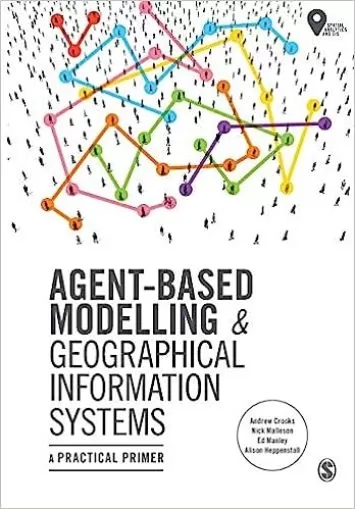
Mathematical Modeling of Social Relationships: What Mathematics Can Tell Us About People (Computational Social Sciences)
Category
Author
Publication
Springer
From the Back Cover
This edited volume presents examples of social science research projects that employ new methods of quantitative analysis and mathematical modeling of social processes. This book presents the fascinating areas of empirical and theoretical investigations that use formal mathematics in a way that is accessible for individuals lacking extensive expertise but still desiring to expand their scope of research methodology and add to their data analysis toolbox.
Mathematical Modeling of Social Relationships professes how mathematical modeling can help us understand the fundamental, compelling, and yet sometimes complicated concepts that arise in the social sciences. This volume will appeal to upper-level students and researchers in a broad area of fields within the social sciences, as well as the disciplines of social psychology, complex systems, and applied mathematics.
About the Author
Larry Liebovitch is a Professor at the Physics and Psychology Departments at Queens College and the Physics Program at The Graduate Center, City University of New York, and an Adjunct Senior Research Scholar at the Advanced Consortium for Cooperation, Conflict, and Complexity (AC4) at The Earth Institute at Columbia University in the City of New York. He is a former Springer author and boardmember of Springer's Computational Social Science series.
--This text refers to the hardcover edition.





















































